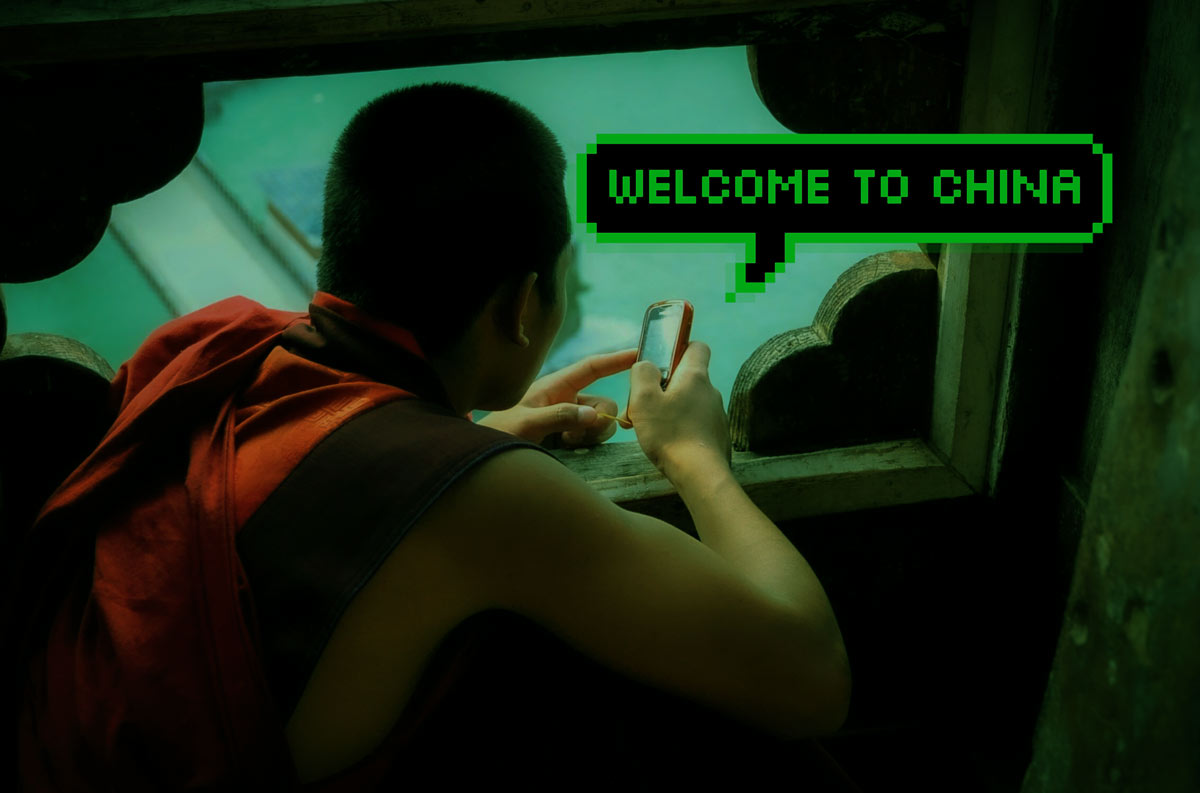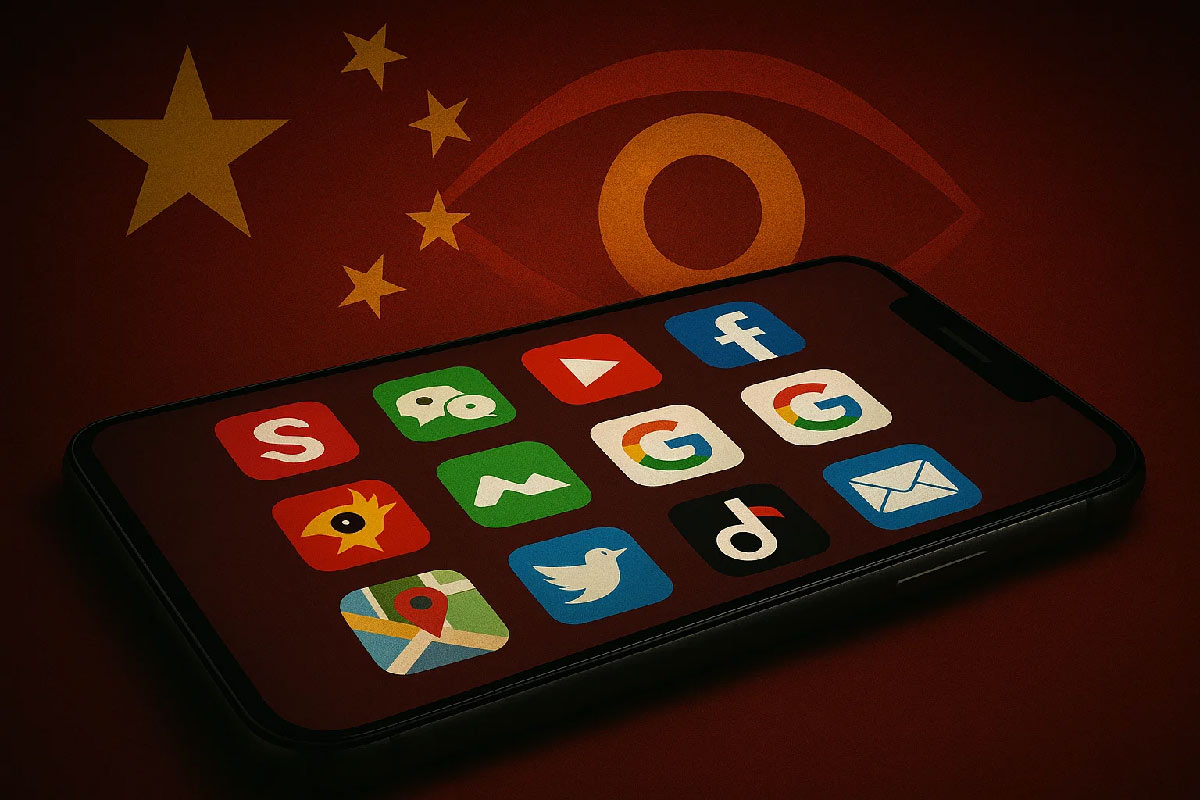Misinformation and Disinformation in the age of Social Media
In the era of the 21st century, the dominance of the internet in our personal and professional lives cannot be denied. This is the age of information where people around the world can exchange facts, views, opinions and ideologies through a click of a button. When people exchange their opinions and ideologies sitting face to face with each other, they are usually more careful and respectful of the other person while doing so. The internet in some ways has brought a false sense of anonymity, which consequently ends up in people posting anything online, which not only hurts sentiments of other people but moreover becomes a vessel of false information or fake news. Some do it deliberately while others do it out of sheer naiveness.
Misinformation and Disinformation are the two dark sides of this age of information overload. There is a common usage of a term known as fake news. Fake news fundamentally consists of misinformation and disinformation as its backbone. Misinformation refers to creating or sharing fake news or posts without verifying the authenticity. These are largely because of lack of awareness or knowledge, misunderstanding and sharing without thinking twice. As opposed to Misinformation, Disinformation refers to deliberately creating and sharing fake content or posts with a clear intention to harm an individual or a community at large. Disinformation campaigns are known to partially mix real information in unrelated contexts to confuse and convince more people. These are largely a result of either state-sponsored manipulation of information or individuals who have opposing views and ideologies regarding politics, religion, economy, technology, disease and almost anything else. One clear example of the same is the “50 Cent Army”, which is a group of CCP state-backed internet commenters whose numbers have reportedly ranged from 5 to 20 lakhs individuals. The term “Wu Mao ” or (“50 cents” in Chinese) army has its roots from the fact that as of 2016, the members are known to be paid “50 cents” in Chinese currency per pro-China post, regardless of whether the content has any element of truth in it. On a larger picture, many of these disinformation campaigners have the tendency of using fake and unverified news with some element of truth in it to convince the larger audience. Thus in some ways it is quite evident that misinformation can be the product of a successful disinformation campaign.
These days the spread of misinformation and disinformation in our societies has become way more easier than ever before. A person only needs a computer or a smartphone, an internet connection and a social media account to spread any information regardless of its credibility and legitimacy. The disruption of a true information takes different forms such as
- Misrepresentation and misinterpretation of facts
- Imposter and manipulated contents
- Fabricated contents etc.
Social media platforms such as Whatsapp, Facebook, Instagram, Twitter and Youtube have become the go to platforms for this fake information as they are easily accessible to everyone and facilitates quicker sharing than we have ever imagined. Few people share information regardless of their authenticity as it gives them a sense of pride, while others do it out of fun or the desire to be the quickest person to share. Some people or a group of people spread this fake news as they share a common political, ideological, or business interest in it. One other reason why people spread such information without verifying is due to the very nature of the content itself. Violent and appalling contents trigger many common people to share the same as quickly as possible, so as to let other people also know about it, its consequences and to bring up ethical stands, either for or against it. Depending on a country’s current regime and ruling government, it can impose certain laws for the social media intermediaries to tell them which contents are acceptable and which ones are not. This restriction on social media platforms has some objectionable shortcomings as the authorities can impose internet censorship and surveillance in their favor to block access to the flow of information to the rest of the world. In some ways, regardless of the justifications by the ruling government, this information filtration is also a denial to the fundamental right of its citizens, i.e the right to internet freedom.
In a democratic structure of our exile community, specially during the times of general election, varying political and ideological implications regarding a candidate can take place. When these differences take its form in a spectrum of divisive and false information, it eventually leads to confusion and chaos in the community. Social media platforms then become a battleground of conflicting views and ideologies based on such trends of fake news around. We have also seen the fear and uncertainty around covid-19 pandemic which has brought enormous amounts of misinformation and disinformation in our community and the world at large. Fake news about the COVID-19, its capabilities and possible remedies were flooded through the internet. The fake news around the COVID-19 vaccination, new variants, COVID testing and quarantine regulations also emerged in the past which has disastrous consequences, as we are dealing with a real life threat to an individual by a potent virus.
From a Digital Security and Privacy point of view, fake news and fake social media accounts have an enormous negative impact on the level of security and privacy in our devices. Fake accounts pose a grave privacy risk as it becomes a means to carry out “Identity Theft”. The personal information we keep on our social media accounts are accessible to the general public which can be collectively referred to as “Open-source Data”. The more open-source data we keep on our social media accounts, the more vulnerable we are to strangers and threat actors who can misuse our personal information against us.
Social media platforms are built with an algorithm to identify behavioral, preference, and demographic data about its users by collecting their digital footprints on the platform, such as the contents that one post, share, like, comment, accept or search on the platform. Social media tech giants make more money when there are more people using its services and also, when those people spend more time on it than other platforms. To maintain and increase the engagement time of its users on their platforms, these tech giants have predefined algorithms that are set to constantly recommend users what they “want to” or “would like” to see. This trend of content recommendation feature further contributes in reinforcing an individual’s particular beliefs, ideologies and inclinations, making the engagement addictive in the process. When social media platforms act as a breeding ground for self gratification fueled by its addictive algorithms, propagation of misinformation will effortlessly skyrocket, which inevitably leads to many dangerous and unpredictable outcomes.
Thus in order to tackle this emergent threat of fake accounts, misinformation and disinformation, we believe that individuals can really make a difference by first beginning from themselves as a starting point. We believe that although disinformation campaigns may be started by some few mischievous individuals for their personal or collective intentions, it is the general public like us who should decide how far such false information shall reach the vast majority of the community.
When an individual refuses to further share any unverified/fake news, that individual contributes in breaking the chain of such misinformation or disinformation to the larger network of their community. We believe that :
- We should always cross check for official and verified sources of information before taking any news and posts seen on social media and other media platforms as truth. Any information shouldn’t be shared without prior fact checking. This is why the “Think before you share” concept comes to its highest relevance. We should always take time to think twice before sharing any information we see or hear from online or offline sources as the truth.
- To minimize the threat of fake accounts luring us with fake news, we should always review who can be friends with us in social media and to not accept random friend requests without verifying whether it is genuine or fake. To stay safe from the threat of “identity thefts”, we should also minimize the amount of personal information we keep on our social media accounts and additionally use security and privacy features of such platforms to set up whom we should allow to view our content or the personal details we keep on our accounts. Furthermore when an individual sees proper confirmation that an account they are dealing with is a fake one, they shouldn’t forget to report the account to make the social media intermediaries take the needed action against the account.
- One can contact our helpdesk support@tibcert.org for any fake or doubtful information if seen to be circulated within our community. We will generate a ticket to your mail query and respond to your query within 48hr.


